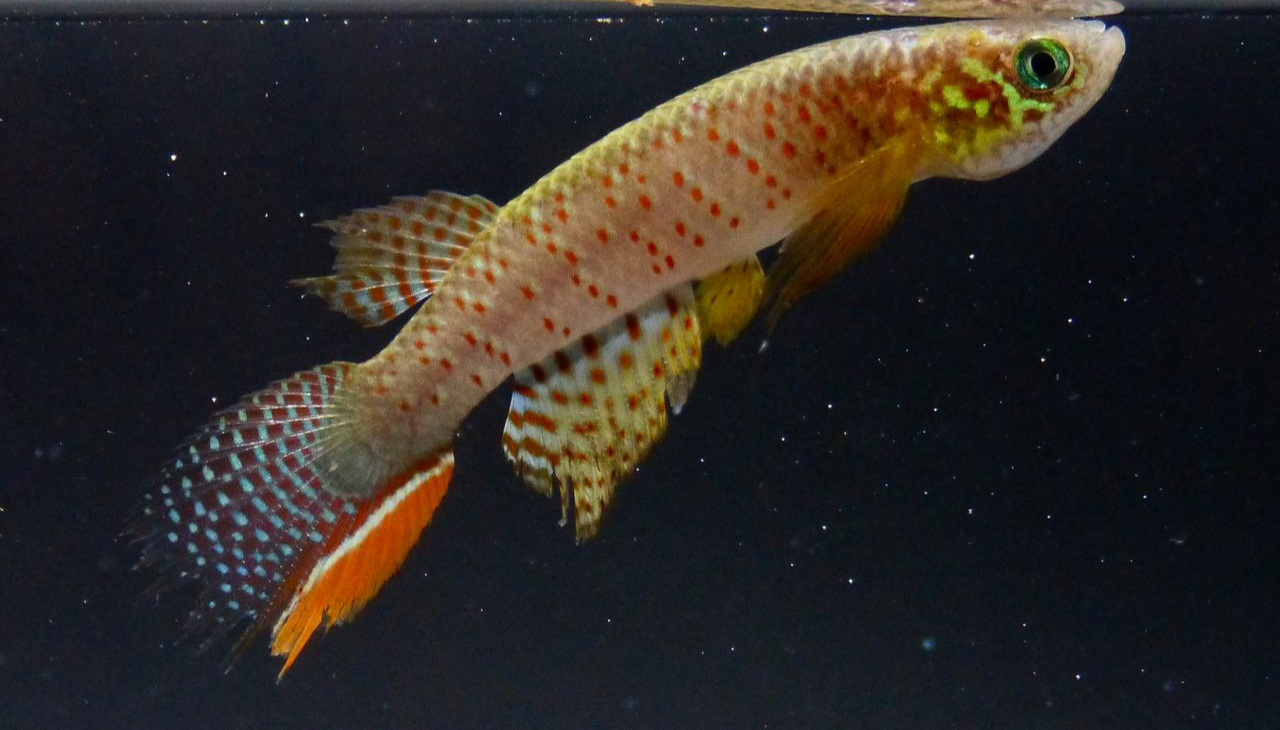
Scientists in Bolivia discover a new fish species that can live outside water
Researcher Heinz Arno Drawert has been researching freshwater species in Bolivia and documenting unusual behaviors and the ability to alter their respiration.
Scientists in Bolivia announced the discovery of a new species, Moema, a genus of the Rivulidae family, which currently comprises 20 valid species, as mentioned in a 2022 paper in Neotropical Ichthyology.
The new species is named Juan Deriba killifish (Moema juanderibaensis), and researcher Heinz Arno Drawert describes its voluntary emersion and ability to alter its respiration as something that "could be relatively common in rivulids."
In 2018, he began his research on Moema juanderibaensis and the Rivulidae family in Bolivia at the Noel Kempff Mercado Museum of Natural History in nearby Santa Cruz de la Sierra.
RELATED CONTENT
The new species of rivulid collected in the Bolivian lowlands is a small and brightly colored freshwater fish that, after being observed, stayed “attached to the glass above the water surface or lying on floating leaves of water plants for several hours. This behavior was previously not reported in Moema and suggests that evolutionary adaptations for an amphibious lifestyle are also present in this genus,” explained Drawert to Neotropical Ichthyology.
“This peculiar fish reaches about five centimeters in length, has a greenish lead-colored body, and has colorful spots and patterns. It lives in specific and temporary water ecosystems in the forest,” Drawert added.
However, this discovery only assured Drawert that his hunch at the age of 15 was correct— the fish he had found at the time and suspected was a new species happened to be Juan Deriba killifish 25 years later.
“Their eggs can withstand drought. They bury them in the mud and soil at the bottom of the puddles. Nothing happens to the eggs. One of the main features of this fish is the adaptation of the eggs,” he told the national media.
The researchers emphasized the importance of protecting this newly discovered species because “in the last 20 to 30 years there has been an enormous expansion of forest-cutting, a great part of the habitat no longer exists, we can easily say that 60-70 percent of their natural habitat disappeared.”











LEAVE A COMMENT:
Join the discussion! Leave a comment.